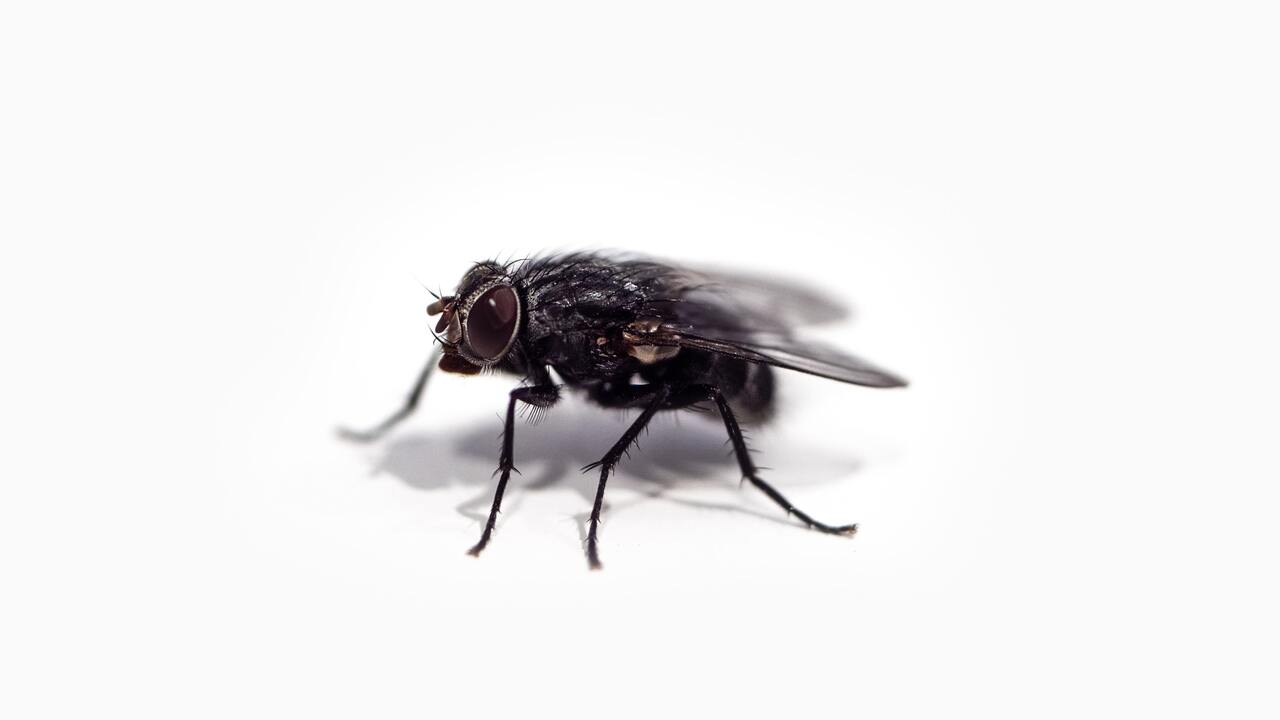Scientists conducted experiments with fruit flies. They exposed them to 100 ppb of ozone, a level often found in city air in summer. They measured the amount of pheromones using special instruments. It turned out that ozone destroyed most of the “male” pheromones within two hours.
This also affected the behavior of insects. Under normal conditions, male fruit flies attract females with their scent and deter competitors. Also, when a female mates with a male, she takes on his pheromones and becomes less accessible to other males. But if ozone destroys these odors, then everything changes: females do not react to males, and males do not distinguish between sexes and try to mate with each other.
Scientists suggest that such a phenomenon could adversely affect the reproductive success of insects and affect biodiversity.
Source: Ferra
I am a professional journalist and content creator with extensive experience writing for news websites. I currently work as an author at Gadget Onus, where I specialize in covering hot news topics. My written pieces have been published on some of the biggest media outlets around the world, including The Guardian and BBC News.










